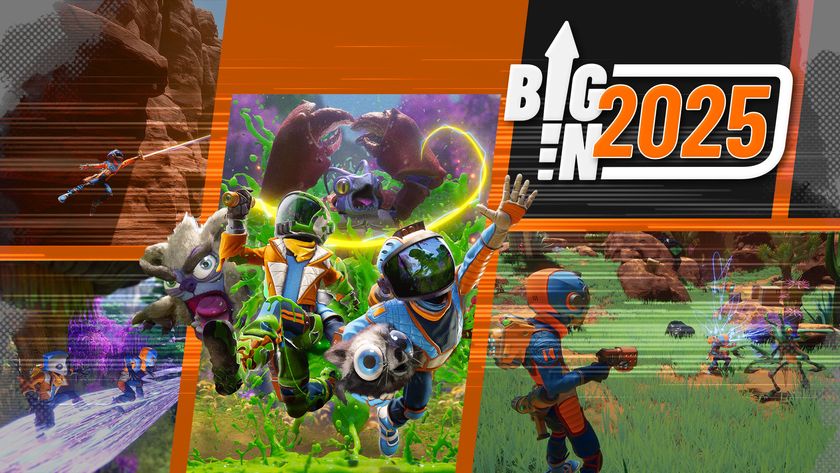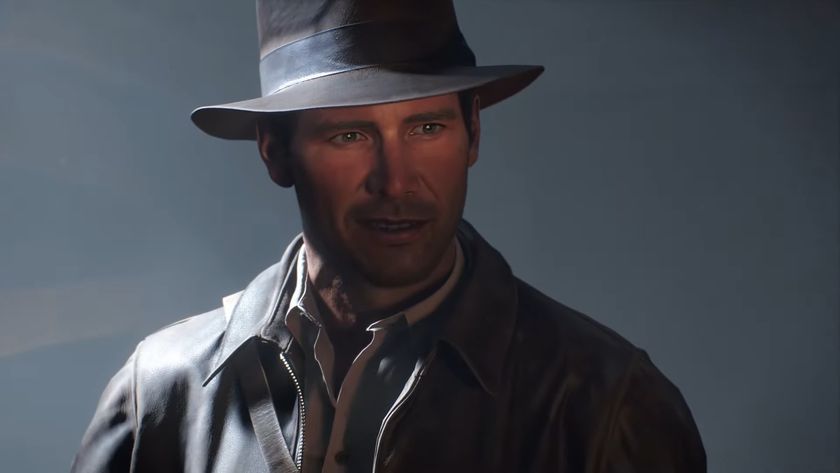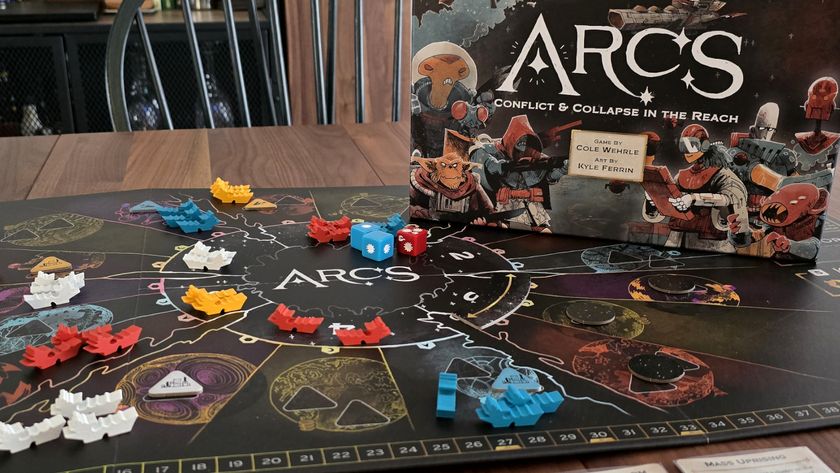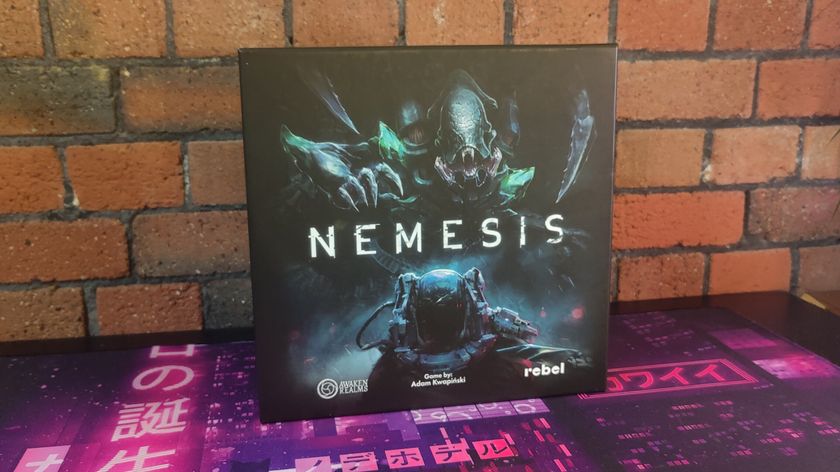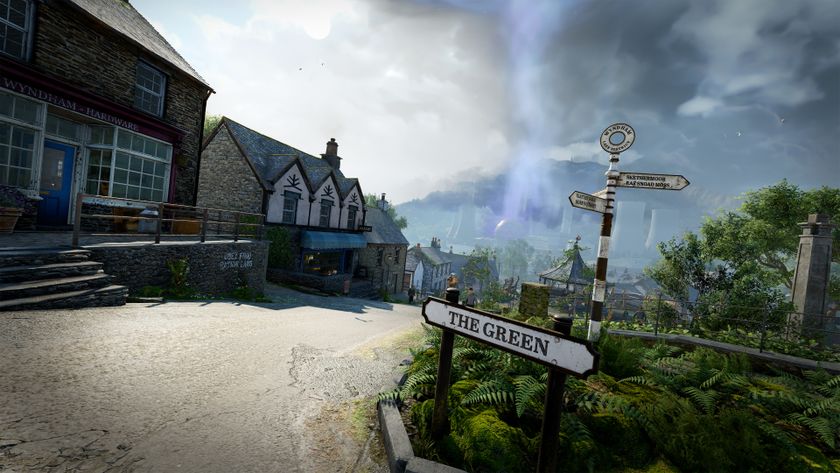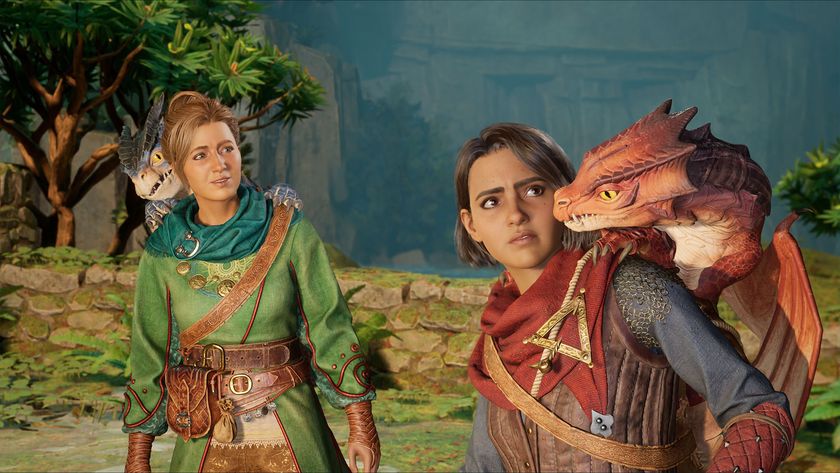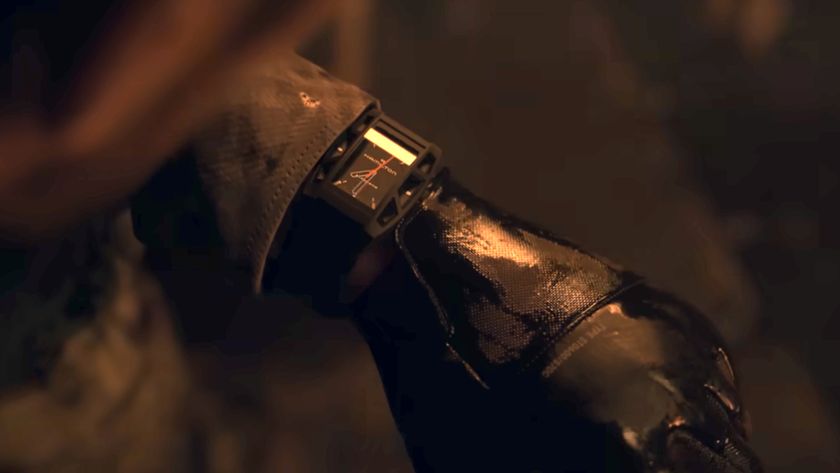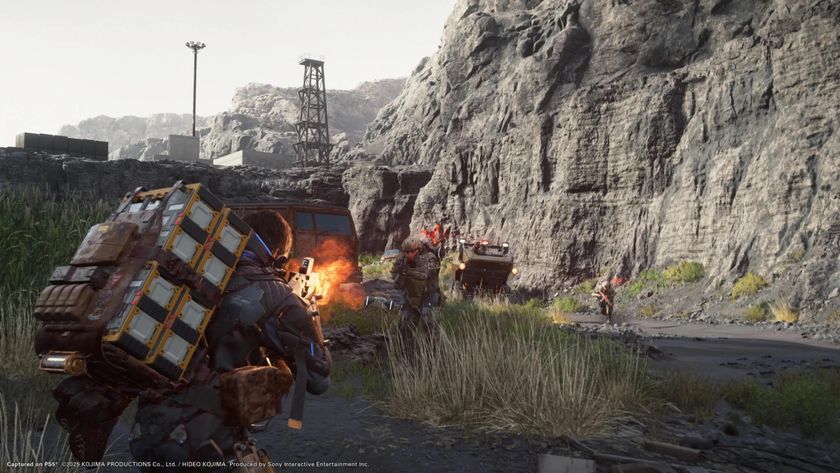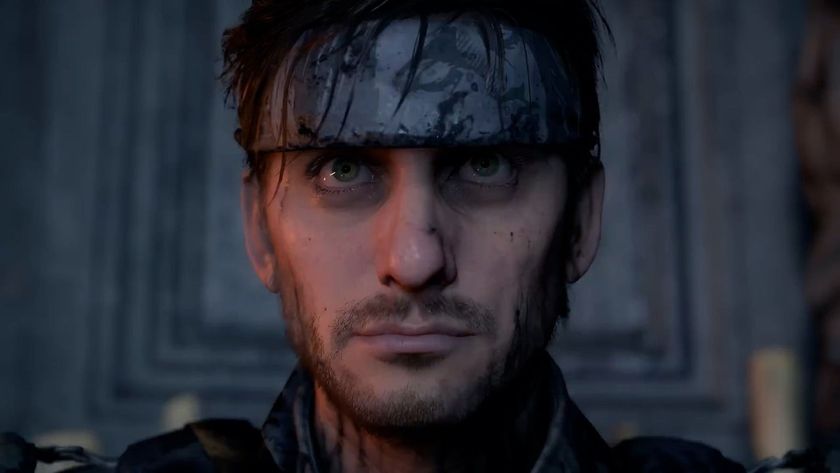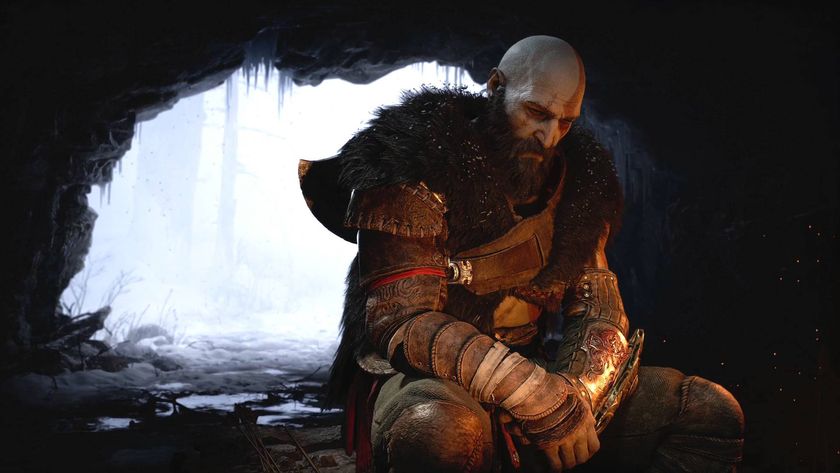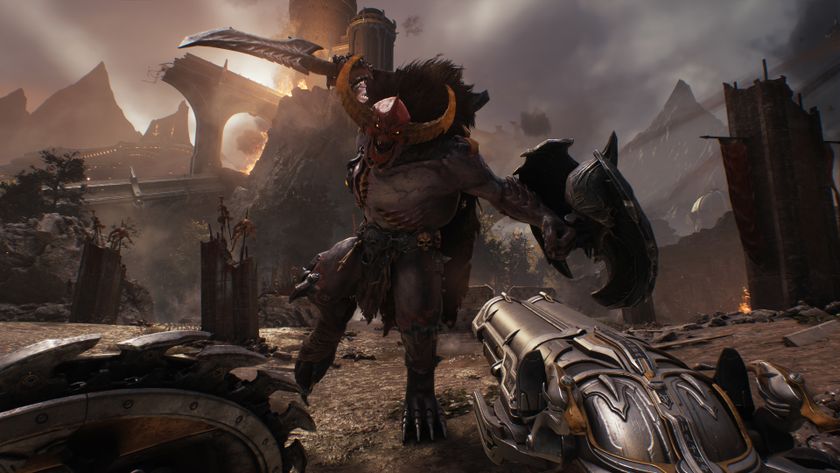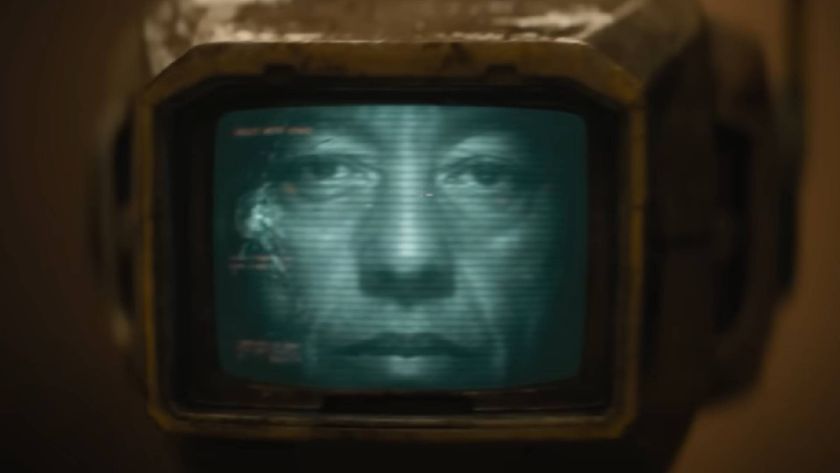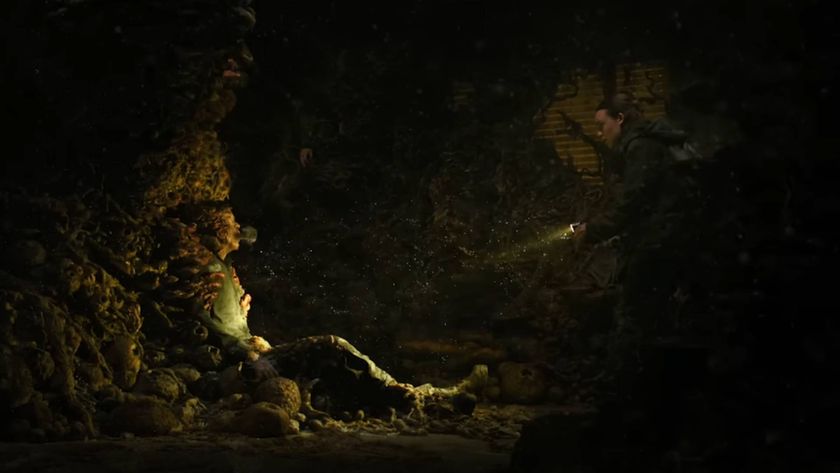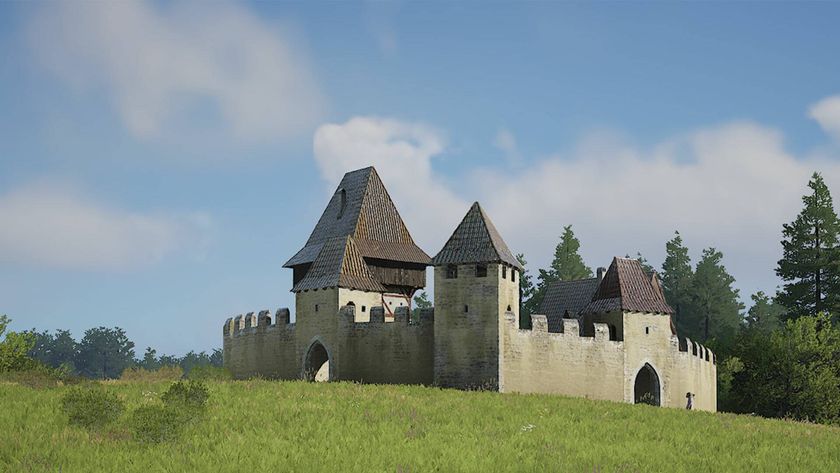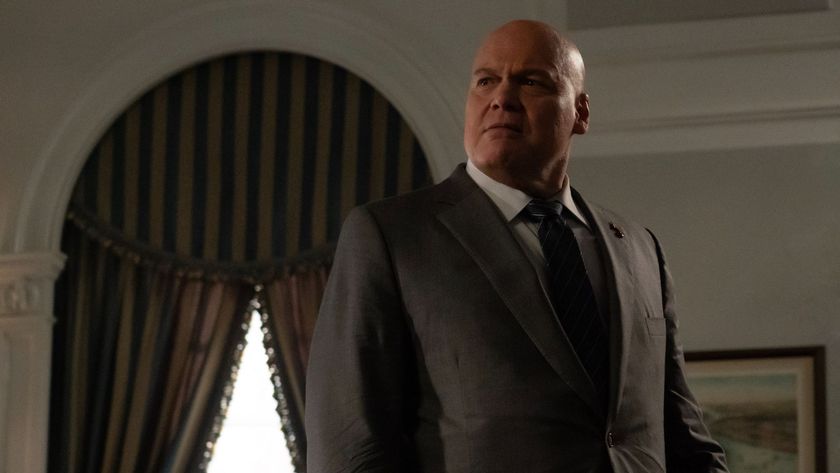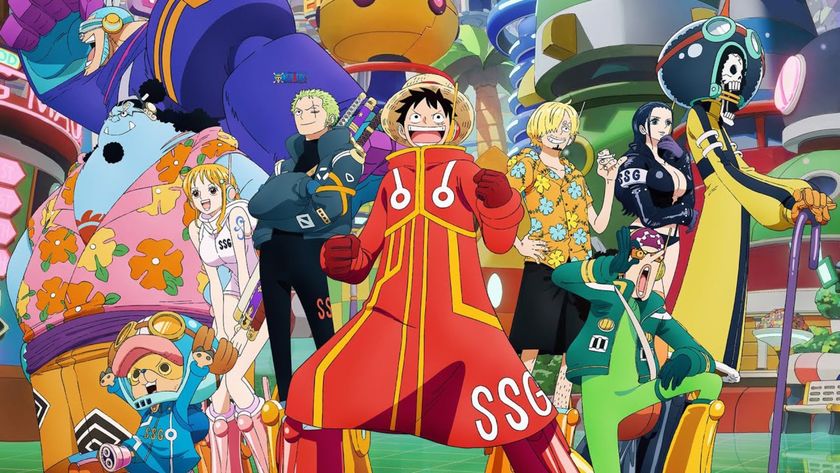Deliver Us Mars' thoughtful space chaos is a welcome break from Dead Space and The Callisto Protocol
Deliver Us Mars offers a different kind of sci-fi catastrophe and I'm here for it
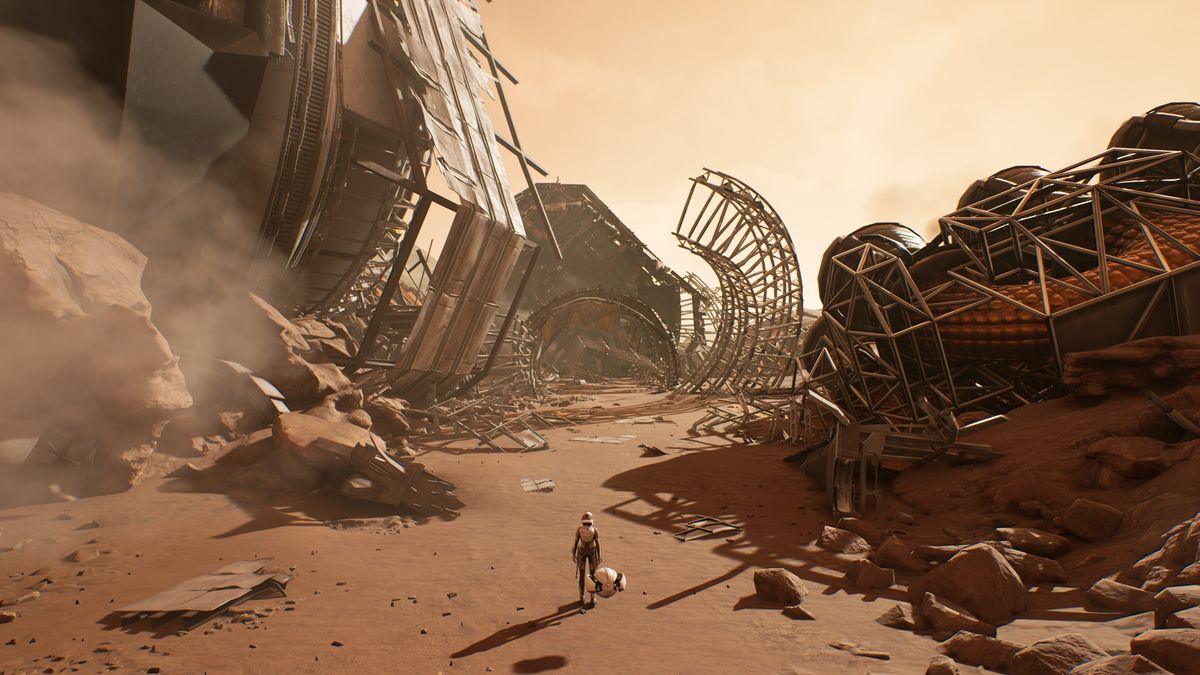
After the success of 2019's Deliver Us the Moon, Deliver Us Mars developer KeokeN Interactive earned the right to tell a more narrative-heavy tale. Inspired by the team's telescope-making grandfather, and the desire to expand in reach and ambition, the space-faring, puzzle-driven, sci-fi sequel reaches for the stars. And while it doesn't always grab them with both hands, when it gets it right; when it balances its most heartfelt moments with its most intricate environmental conundrums, it shines.
Having spent the last few months being torn limb from limb in the Dead Space remake and The Callisto Protocol, living in fear and questioning my sanity in these games' twisted and ramshackle intergalactic hellscapes, I can confidently say: Deliver Us Mars' thoughtful approach to space catastrophe is just what the doctor ordered.
Ground control

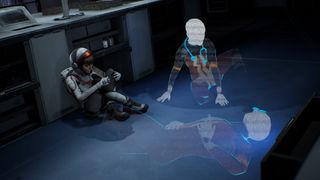
Deliver Us Mars devs on going the extra mile to create a credible alien world
That's not to say Kathy Johanson's journey to the Red Planet lacks spectacle. En route, her ship takes a catastrophic hit. She endures an explosion, is flung meters from her vessel and, weightless with a cracked visor and a rapidly depleting oxygen supply, is a nose hair away from death. Once on Mars, things hardly go to plan; and throughout her journey she's plagued behind the scenes by the ills of her past. Set in the not-too-distant future – 10 years after the first game's Fortuna mission – Deliver Us Mars unfolds against geo-political turmoil as climate change has compromised planet Earth.
If you're thinking to yourself: hey, this sounds quite like real life, that's intentional. In conversation with the developers last year, I was told that while Deliver Us Mars tells its own story, the fact that it flies close to reality – no matter how you feel about its perceivably contentious subject matters, not least climate change and planet preservation – helps build the player's perspective into the game.
For me, the same applies to Deliver Us Mars' overarching narrative. The fact that impressing my own point of view on the story is optional suits me fine, because while Kathy's tale is an interesting one, it's not really why I'm here. I loved Deliver Us the Moon's network of increasingly difficult puzzles – an intriguing mixture of Myst meets The Journey meets The Talos Principle but set in space – and this is also above and beyond Deliver Us Mars' strong suit. Story-wise, Deliver Us Mars may be the "radical step up" in narrative terms that the devs promised at last year's Future Games Show Spring Showcase, and that's great. But it's also secondary to the series of sublime head-scratching brain-teasers that make up the core of the game.
Tension in Deliver Us Mars is hinged on its narrative twists and turns, sure, but I found as much suspense in the moments where I just couldn't work out the final leg of a puzzle. I'd located the power source, re-routed its output, positioned the dampener in the exact right spot, and had powered up an electronic doorway three-quarters of the way full. How the hell do I get it to 100%, though? What if I swapped this for that? Then moved that over here and… EUREKA! I've got it. I'm a genius. And then it's onto the next, where I'm quickly reminded I am, indeed, not a genius.
Give me space

"With that, chaos in space doesn't always need to play out like a Hollywood blockbuster."
That's the beauty of Deliver Us Mars for me – building on what I loved so much about its forerunner: progressively challenging puzzles that introduce new learned skills at a steady and organic rate. Moreover, the introduction of climbing mechanics in Deliver Us Mars often blows puzzles wide open, wherein a combination of your own heavy lifting, sending your flying remote-controlled robot into tight spaces, and operating devices and switches on multiple levels is essential for success. The moments of perilous mountaineering, of sprinting across deteriorating spaceships as they literally go down in flames around you – they serve to link each environmental quandary, bolstered by the game's story. But it's the pensive moments, the introspective thoughtfulness, and myriad head-scratching downtime that drives what keeps me going in Deliver Us Mars.
Sign up to the 12DOVE Newsletter
Weekly digests, tales from the communities you love, and more
With that, chaos in space doesn't always need to play out like a Hollywood blockbuster. I loved the dread that fuels the Dead Space remake from beginning to end. I was less taken by The Callisto Protocol – my thoughts aligned with our Leon's The Callisto Protocol review – but enjoyed its premise and omnipresent sense of alarm. What I love most about Deliver Us Mars, however, is that it's nothing like either of these games. Space may be the final frontier, but Deliver Us Mars reminds us finality can exist in a sci-fi setting without guts and gore, and unspeakable terror. And for that, after going through the ringer on the survival horror stage recently, I'm eternally grateful.
Reach for the stars with the best space games cruising the cosmos right now

Joe Donnelly is a sports editor from Glasgow and former features editor at 12DOVE. A mental health advocate, Joe has written about video games and mental health for The Guardian, New Statesman, VICE, PC Gamer and many more, and believes the interactive nature of video games makes them uniquely placed to educate and inform. His book Checkpoint considers the complex intersections of video games and mental health, and was shortlisted for Scotland's National Book of the Year for non-fiction in 2021. As familiar with the streets of Los Santos as he is the west of Scotland, Joe can often be found living his best and worst lives in GTA Online and its PC role-playing scene.
